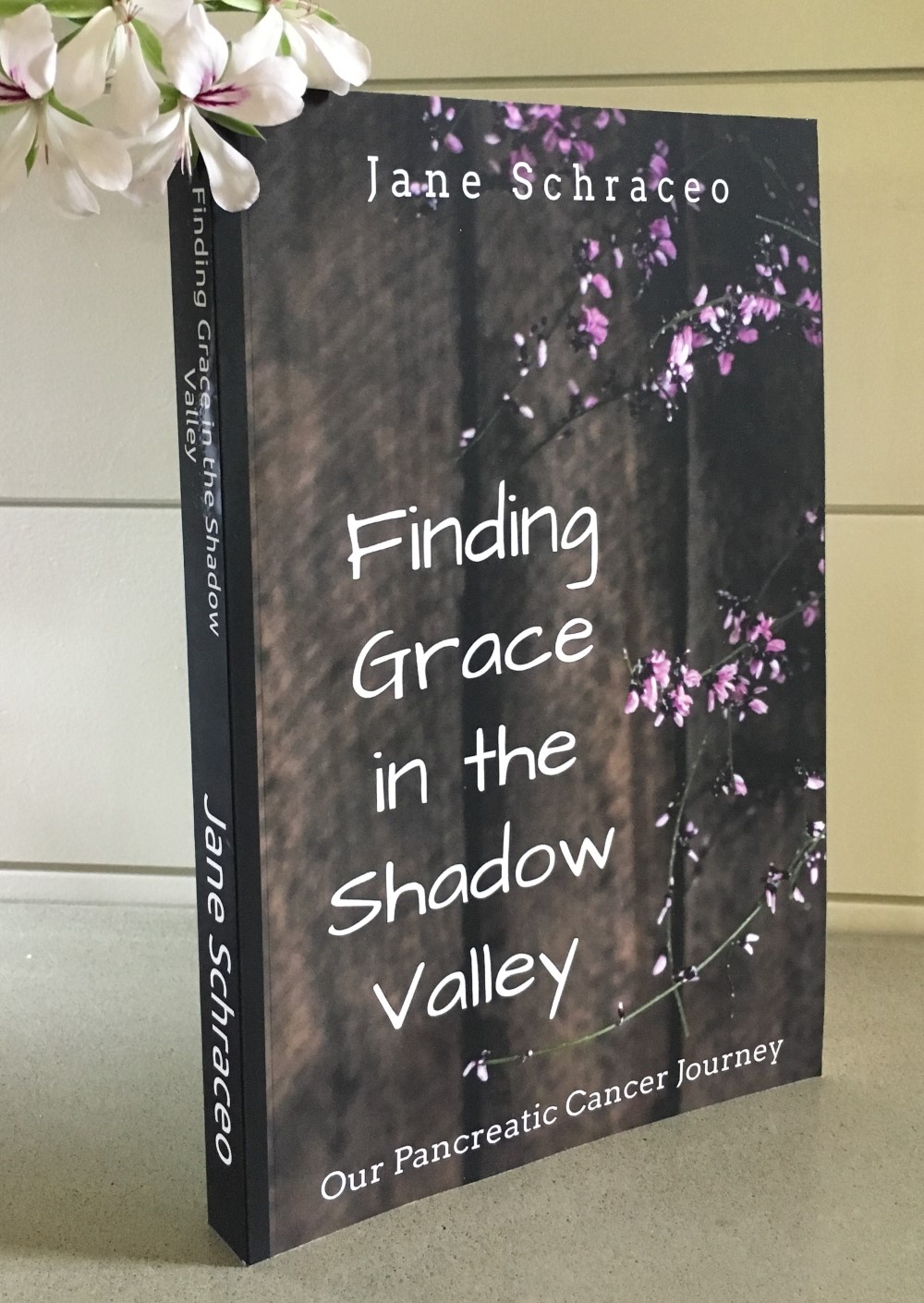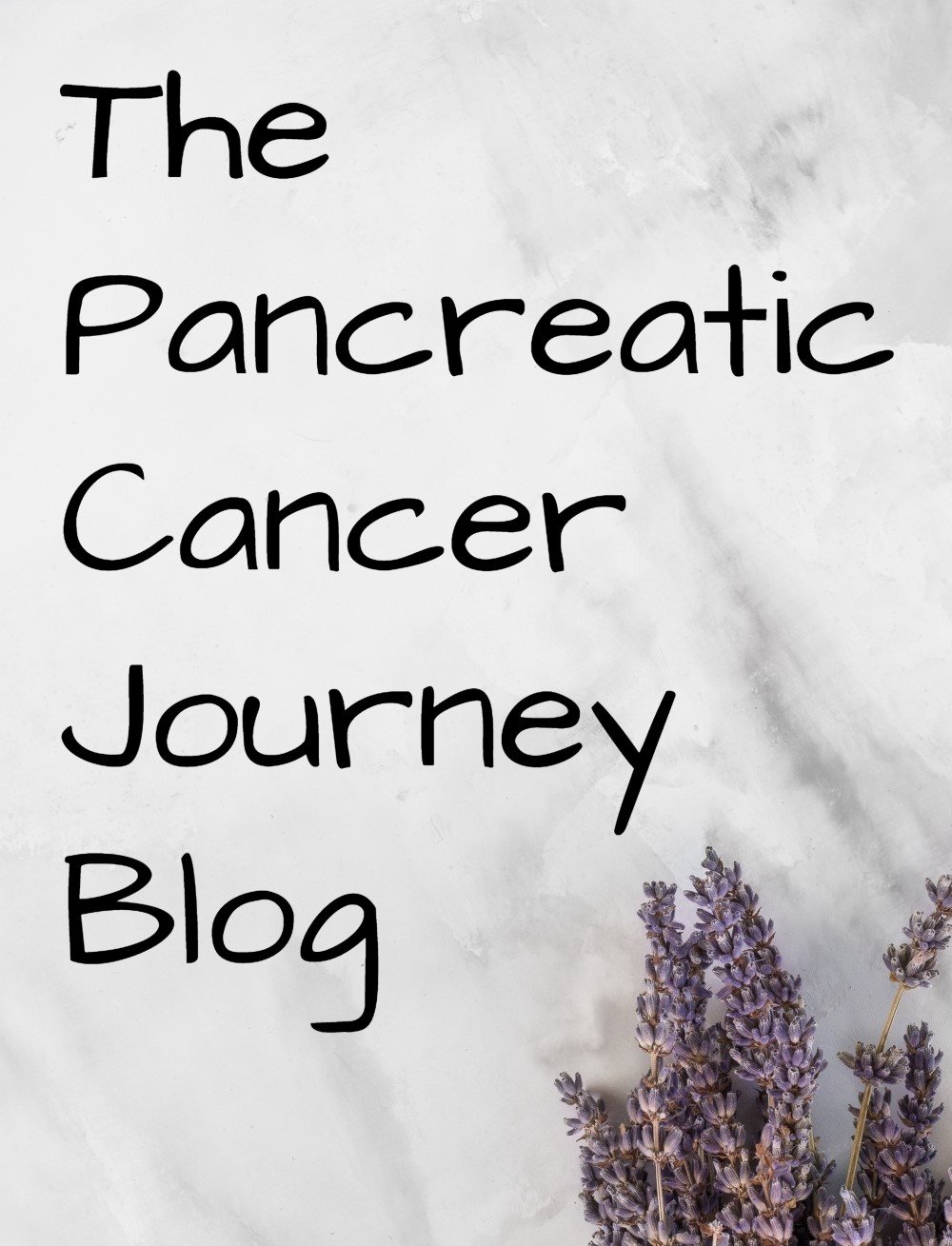Cancer Nausea, and Your Appetite
Nausea is the queasy feeling in the stomach which may lead to the urge to vomit.
Vomiting is the actual act of getting rid of the contents of the stomach through the mouth, or "throwing up."
Getting a little green around the gills? Yep, cancer nausea and vomiting seem to go together like peas in a pod. Ask anybody on the street what they know about cancer and invariably they will mention two things: throwing up and losing your hair.
And actually those two side-effects have almost nothing to do with the cancer and everything to do with the type of treatment you are receiving, be it chemotherapy or radiation.
Nausea can have a huge impact on your quality of life, making it hard to function normally from day to day. And if the cancer nausea gets bad enough many patients may even consider stopping their cancer treatments. And that could be devastating for the pancreatic cancer patient, for these treatments are the only thing keeping the cancer in check.
But, there is good news! You don't have to just suffer through the debilitating nausea and appetite loss. Breakthroughs in nausea and vomit control are a true godsend, and we are here to encourage you to hang in there. Read on to learn about the treatment options and medications that have helped mom through the roller coaster ride of cancer nausea.
If you are suffering with this side effect and are thinking about giving up, there is hope. There are many options available to make you more comfortable during chemo and/or radiation therapy, helping you finish the course.
By far, the one thing that has helped the most is a perscription of a drug called Zofran. It is in a group of drugs called Serotonin Antagonists. These drugs work by blocking the actions of a chemical, serotonin, in the vomiting center of the brain and in the intestine. Zofran is an oral pill that mom takes daily. It has made a huge difference in the amount of cancer nausea she has experienced. She is also given a similiar medicine, Kytril in her i.v. right before each chemotherapy treatment. The combination of both drugs has drastically improved her quality of life through all her treatments.
And these are just two of a full arsenal of anti-nausea drugs your doctor can prescribe. Don't try to tough it out. Your body is working hard enough to fight the cancer. Nausea and vomiting are a battle you don't need to agonize over. Talk with your doctor. It will make a world of difference.
I am not a huge advocate of over-medicating, but I do believe that drugs can be our friends! They are a foundational part of the treatment for nausea. And in addition to the pharmaceutical help, here are some other tips that helped mom cope during the worst of the nausea.
First of all, take control of your frame of mind. When nausea hits, try some of these proven strategies:
Relax, Breathe and Remain Positive - mom found that when nausea peaked, it helped to curl up in her favorite recliner, sometimes reading, most often just listening to music. Taking deep breaths, slowly inhaling and exhaling also relieved the anxiety of the growing nausea. And above all, was the constant drumbeat in her head: this chemo treatment is for my good, it is making a positive difference, with each wave of nausea the cancer cells are diminishing.
And here are some more tips on controlling cancer nausea:
DO:
Eat small, frequent meals throughout the day. Some of her favorite small meals were potato soup with ham, plain english muffins with a touch of butter, and BLT sandwiches. Don't force large, heavy meals when you are already queasy.
Stock the kitchen with foods that appeal to you, be it crackers, toast, soup, etc. Also, stock easy-to-prepare foods so that you don't have to spend much time in kitchen.
Include liquid supplements in your diet, such as Ensure to add calories and fluids.
Let family and friends help you with grocery shopping and preparing meals if they offer. And if they don't offer, ask them! You need the help right now. When the nausea passes you'll be back as Head Chef.
Suck on mints, or tart candies to help reduce the nausea. Mom found that anything cold and tart was more palatable, lemonade and fruit smoothies were favorites during this time.
Rinse mouth frequently to help reduce any bitter or bad taste. Chemotherapy often changes the flavor of food and mom found that she often had a bitter metal taste in her mouth. Rinsing with cool water helped.
Drink plenty of fluids for several hours after treatments and also drink clear liquids during the day to help with dehydration. If you have been vomiting, suck on small ice chips until you can tolerate clear fluids.
And DON'T
Eat hot, spicy foods that may give you indigestion.
Eat a full, solid meal right after treatment as it may increase nausea.
Drink alcohol or too much coffee as both may increase nausea.
And above all, DON'T worry if you can't eat much on days when cancer nausea peaks. Continue to sip broths and other liquids and remember that this too shall pass.
Cancer Nausea is in many cases unavoidable and can have a devastating effect on your quality of life.
But, there is hope. Talk to your doctor about medications and treatments to ease this difficult side-effect of cancer treatment. If your present medications are not working, don't hesitate to mention this to your health care professionals.
I cannot emphasize enough the importance of talking this over with your doctor. If the nausea becomes full-blown vomiting, you may become seriously dehydrated in a matter of hours. Our doctor warned us that if mom had more than 4 vomiting episodes in an hour, he needed to be called, and more than likely he would admit her to the hospital to get her stabilized. This is definitely a huge concern in our cancer journey. And we are paying close attention to this nasty side effect!
Don't let nausea rule your body.
Life is too precious to spend it with your head in the toilet!
Return to Side Effects of Cancer from Cancer Nausea
Return to Home Page from Cancer Nausea and Your Appetite
Copyright © PancreaticCancerJourney.com
Nothing on this website should be construed
to constitute medical advice.




